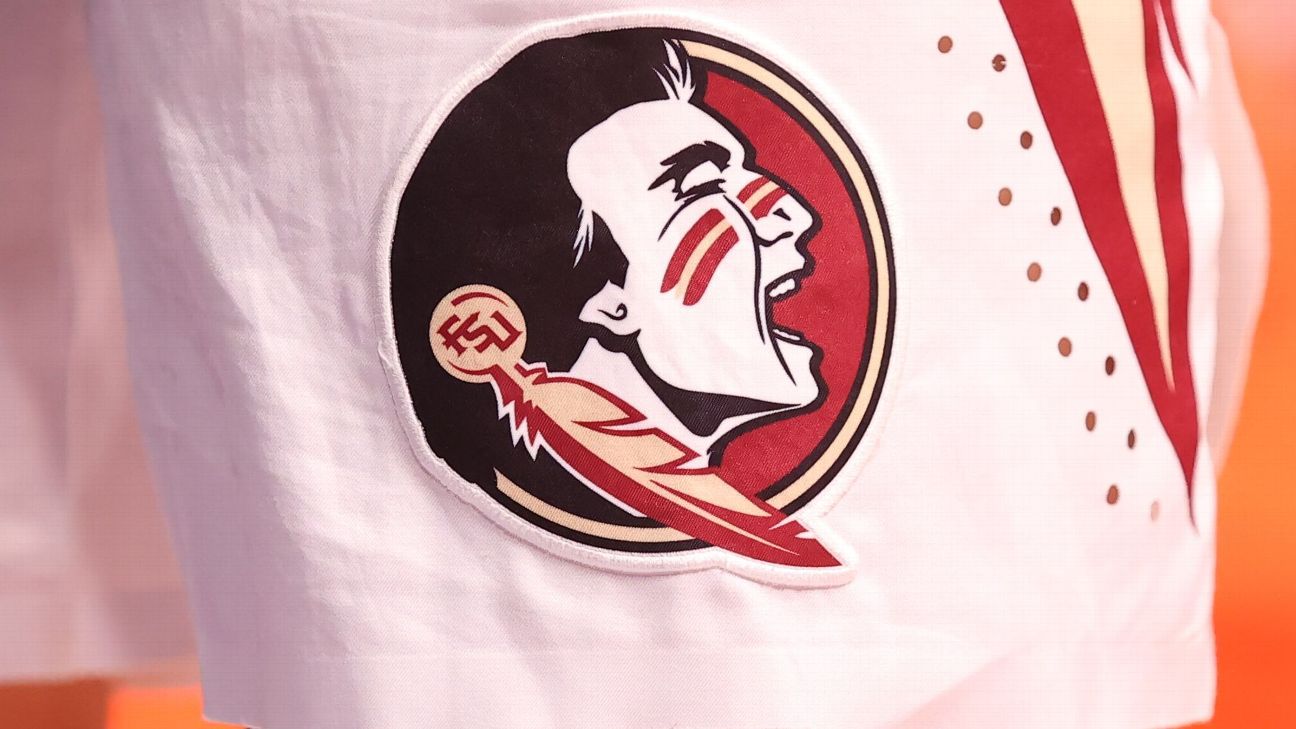
FSU mulls ACC exit due to revenue distribution
Florida State president Richard McCullough said the school's goal is to stay in the ACC but said it's "hard for us to figure out how we remain competitive" unless the conference makes a major change to its revenue distribution model.
Andrea Adelson, ESPN Senior Writer
TALLAHASSEE, Fla. -- Florida State president Richard McCullough told his Board of Trustees during a meeting Wednesday that the university would have to "very seriously" consider leaving the ACC unless there is a radical change to the conference's revenue distribution model.
McCullough addressed the board to give an update on where Florida State stands after a year spent exploring options about what the future holds in the wake of conference realignment and big money television contracts in the Big Ten and SEC that are in line to put ACC schools $30 million behind per year from a television revenue distribution standpoint.
The ACC recently changed its revenue distribution model to reward success on the field in football and basketball. But Florida State has also pushed changing the model to reward programs that generate higher television revenues and marketability -- areas where Florida State believes it has an advantage.
"Our goal would be to continue to stay in the ACC, but staying in the ACC under the current situation is hard for us to figure out how we remain competitive unless there were a major change in the revenue distribution within the conference," McCullough said. "That has not happened. Those discussions are ongoing at all times.
"FSU helps to drive value and will drive value for any partner, but we have spent a year trying to understand how we might fix the issue. There are no easy fixes to this challenge, but a group of us have spent literally a year. We've explored every possible option that you can imagine. The issue at hand is what can we do to allow ourselves to be competitive in football and get what I think is the revenue we deserve.
"This continues to be a very difficult issue. There's a lot going on in the world of conference realignment. My current assessment of the situation after very deep analysis is I believe FSU will have to at some point consider very seriously leaving the ACC unless there were a radical change to the revenue distribution."
McCullough echoed those thoughts in a separate interview with ESPN.com before the meeting began. In that interview, he told ESPN.com "I'm not that optimistic that we'll be able to stay."
"At some point, we're going to have to do something," McCullough said. "I'm not that optimistic that we'll be able to stay. I just don't know that. It could occur, but something radically different is going to have to happen. All options remain on the table."
The ACC has a television contract with ESPN that runs through 2036. To get out of the league, Florida State would have to pay a $120 million exit fee and also challenge the existing grant of rights, which grants the ACC media rights for its member schools.
In an interview with ESPN.com earlier Wednesday, Florida State athletic director Michael Alford said, "We have a great understanding of what opportunities there are in that document. How that document could hold us back, but also what the opportunities are. So this is going to be a discussion. We'll keep getting legal advice. Our legal team has a good understanding of that document."
When asked for a timeline about when Florida State might take action, McCullough told ESPN.com falling $30 million behind annually is "not a sustainable position for us. The timing for us to do something radical is not known, but it's not 2036."
